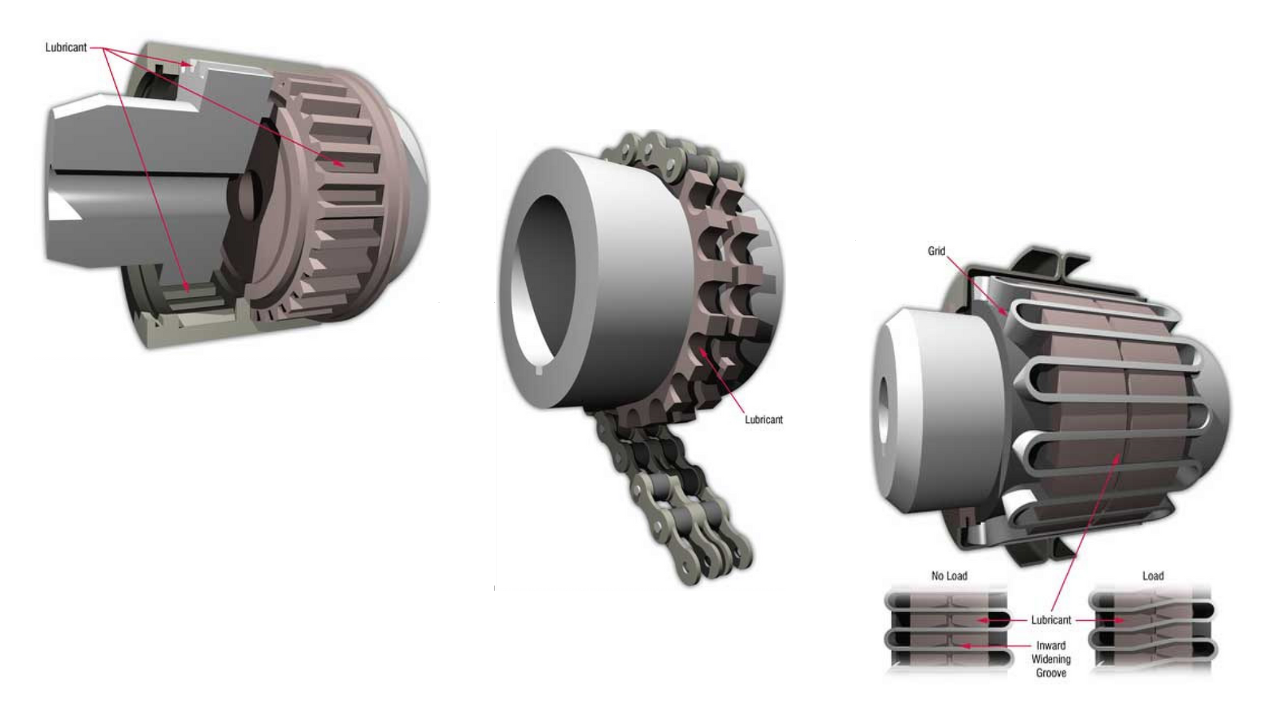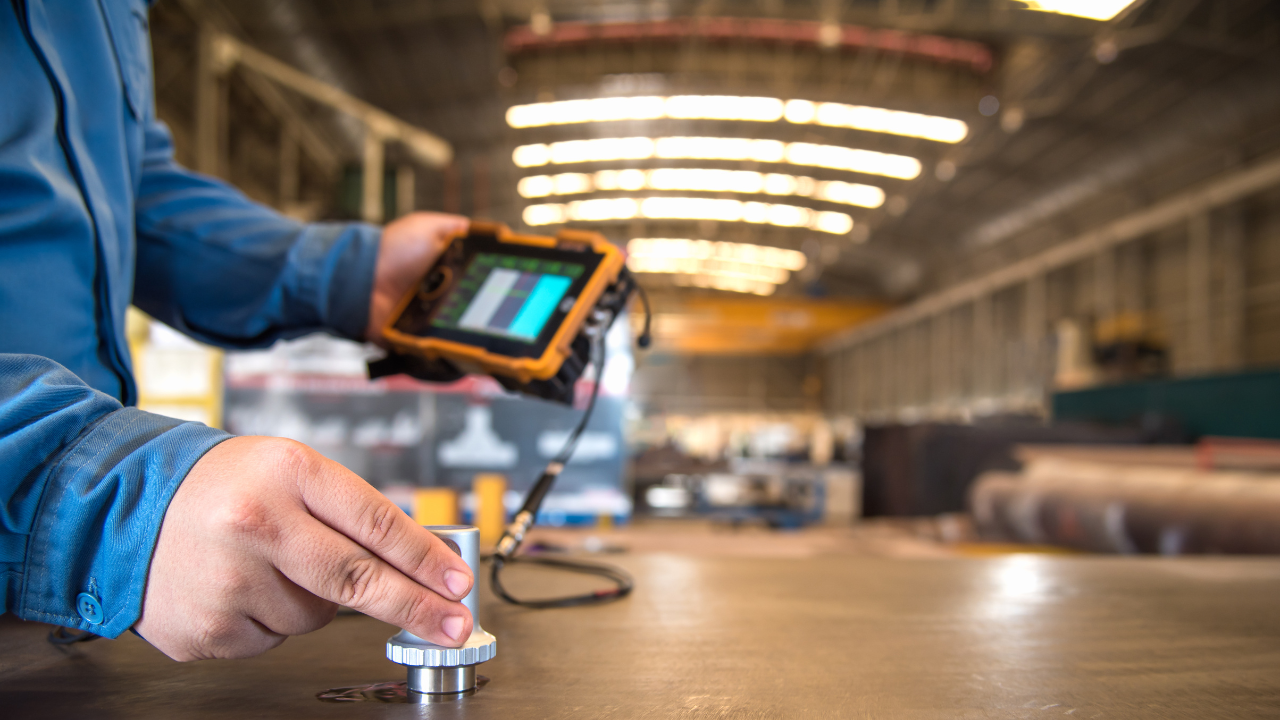3 Important Words for Success in Lubrication and Oil Analysis
Jim Fitch, Noria Corporation
Using lubrication and oil analysis to enhance machine reliability is really too simple. Behind the appearances of complexity and vale of high science are the most basic of concepts. We can try to make it difficult, but why?
With the right tools and a generous amount of training, a seemingly challenging task can be transformed into something almost mundane, but still powerful.
1. Train
2. Your
3. People
It’s often said that if you think education is expensive, try ignorance. The high cost of ignorance affects all facets of life. In industry this includes maintenance, machine reliability, safety, lost production, and yes, oil analysis. Un-exploited opportunity is lost opportunity – a costly consequence of ignorance.
For many companies surviving in the new economy means institutionalizing major change and leveraging the power of an educated workforce. Gone are the days when job skills were simply handed down in succession through apprenticeships and on-the-job training. Lubrication, in particular, abounds in such traditional out-dated practices. Yet, these “old school” notions on how lubricants are managed, applied and monitored pose great risk for companies facing fierce national and global competition.
The reliability landscape is changing too. Over the past several years vibration, thermography and oil analysis have been on a rapid course of convergence, spawning new standards in machine reliability. This has placed great demands on practitioners to acquire cross-discipline skills to employ and deploy the right combination of condition monitoring tools in each machine application. Evidence of this is seen by the more than 35% of those enrolling in Noria oil analysis seminars having prior experience and training in vibration. Unassailably, this trend will continue for years to come.
While emerging technologies and the information age are in large part responsible for the escalating training needs, we can perhaps look to the new economy for solutions as well. Besides traditional classroom training, there is a growing number of Internet and computer-based training aids available. These include multi-media click-through seminars on CD-ROM and a host of web-based and distance learning training resources. Examples of these educational materials can be found by going to www.oilanalysis.com. At the online bookstore you will find more than 50 printed and downloadable e-books on lubrication and oil analysis. You will also find videotapes, multi-media training software and wallcharts.
Best of all there are numerous FREE ways to learn and find the information you are looking for. Take a tour of the Learning Center and browse through the dozens of free articles and papers, all categorized by subject. …
… Another excellent free resource on the web is Practicing Oil Analysis magazine. You can download and read all the articles from each of the past issues, or bookmark them for easy access later.
Perhaps the most popular resource at www.oilanalysis.com is the Message Boards. Visited by hundreds of people each day, this site allows visitors to post queries and make comments to the global oil analysis and lubrication community. Through the reach of the Internet you will be able to harness the collective brainpower of dozens of experts and knowledgeable practitioners. Many people learn by just browsing the postings left by others and participating in stimulating online discussions covering wide-ranging subjects on lubrication, tribology and reliability.
All of this has put many companies, armed with knowledge and oil analysis tools, on a fast track of transformation. With the speed and agility of a gazelle, these companies are rapidly changing maintenance organizations into charged-up reliability teams. Will it be curtains for those companies that wait too long to leverage the knowledge tools and join the new economy? To borrow a phrase . . . “are you ready?” Jim Fitch, “Three Important Words for Success in Lubrication and Oil Analysis”. Practicing Oil Analysis Magazine. October 2000
Related Articles

The Lubrication Requirements of Couplings

The Building Blocks to Creating an Effective Lubrication Program

Does Lubrication Belong in the CMMS?

Water Contamination

Ultrasound for Better Lubrication




